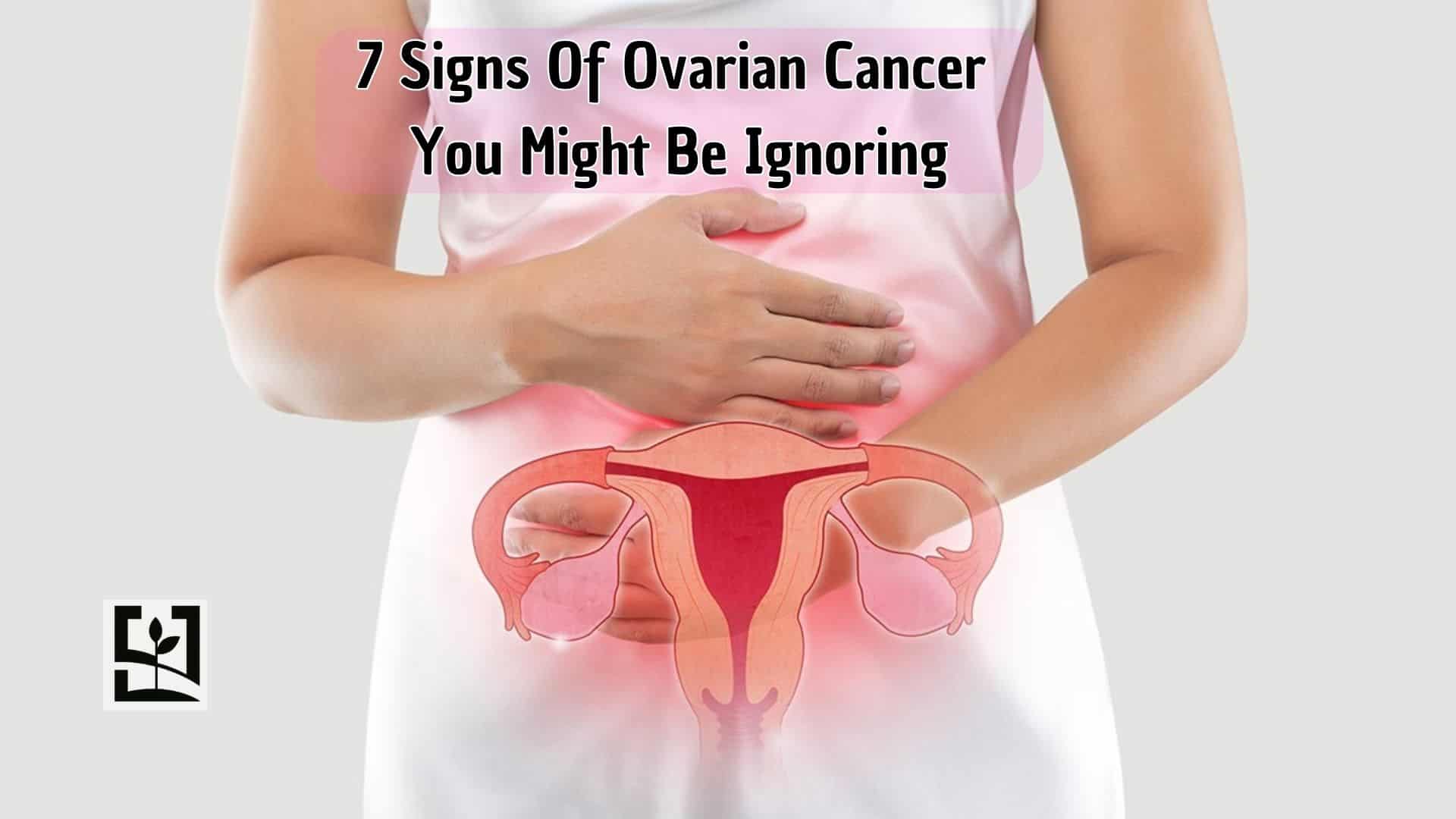The fate of malignant ovarian growths is unpredictable, although early detection is critical for survival.
Why are the side effects of ovarian cancer so quiet?
The five-year survival rate for ovarian cancer is about 45 percent, but that percentage increases to 92 percent if the disease was in stage IA or IB before eventual metastasis. Ovarian cancer, according to the American Cancer Society. Because ovarian cancer is so difficult to diagnose, about 70 percent of cases are not detected until it reaches stage three or four, according to Kevin Holcomb, chief of gynecologic oncology at Weill Cornell Medical College. , and future life expectancy is disappointing. Dr. Holcomb believes that this form of development is not a state of silence. Many women with malignant ovarian cancer exhibit some findings in the months or weeks before its discovery, but unfortunately, many of these findings are vague and nonexistent. This is a disease, so listen carefully. Unlike breast cancer, no test has yet been developed to identify ovarian cancer, a disease that is difficult to detect until its side effects become apparent immediately. If you experience any of these side effects within 7 days, ask your doctor for a transvaginal ultrasound, pelvic exam, or CA 125 blood test to help diagnose ovarian cancer. What does your Obstetrician and Gynecologist have to say about this abnormal growth?
stomach cramps
This abnormal growth doesn’t cause the tumor to increase in number, but it does cause fluid to accumulate around the tumor, causing the abdomen to enlarge, said Amanda Fader, MD, associate professor and head of the department of gynecologic oncology at Kelly Johns. Hopkins University School of Medicine. , Your belly is swelling, and your face and arms are losing fat and muscle without gaining weight. This way, you will definitely get rid of worries about developing deadly ovarian cancer.
change of will
Women with ovarian cancer will experience serious problems, including the loss of their uterus. Your doctor may order tests to check for uterine problems, such as intestinal discomfort, but you should consider whether this is a symptom of the disease. “We believe that if patients and physicians understand the symptoms of ovarian cancer, ovarian cancer can be managed more effectively than ever before,” Dr. Holcomb said in a statement. There are also some negative aspects which women do not like.
loss of appetite
If your stomach fills rapidly and you no longer need to eat as much as before, you may have malignant ovarian enlargement.
Dr. Holcomb says if you’re not losing weight rapidly and unexpectedly, you should talk to your doctor.
This disease.
Since constipation and insomnia are common side effects of many diseases, your doctor may not immediately diagnose ovarian cancer. Dr. Holcomb said the evidence of poor growth is not some ongoing side effect, but a combination of the two. When nausea and bloating occur together, several other changes also occur.
The frequency increases.
Frequent trips to the bathroom may indicate more than a minor bowel movement, Feder said, and if the behavior is sudden and accompanied by other symptoms, talk to your doctor or pharmacist right away. Here we will show you some more useful facts related to your stomach.
irregular menstruation
According to the National Ovarian Cancer Alliance, there are several factors that can cause unexpected changes in your menstrual cycle or monthly bleeding. Missing a menstrual cycle in itself is not a cause for concern. However, when combined with other side effects, they may indicate a larger problem. Here’s information about other PMS side effects.
Difficulty having sex
If orgasm occurs unexpectedly and lasts longer than fourteen days, the National Ovarian Cancer Alliance recommends consulting your doctor. These are eleven different reasons.





